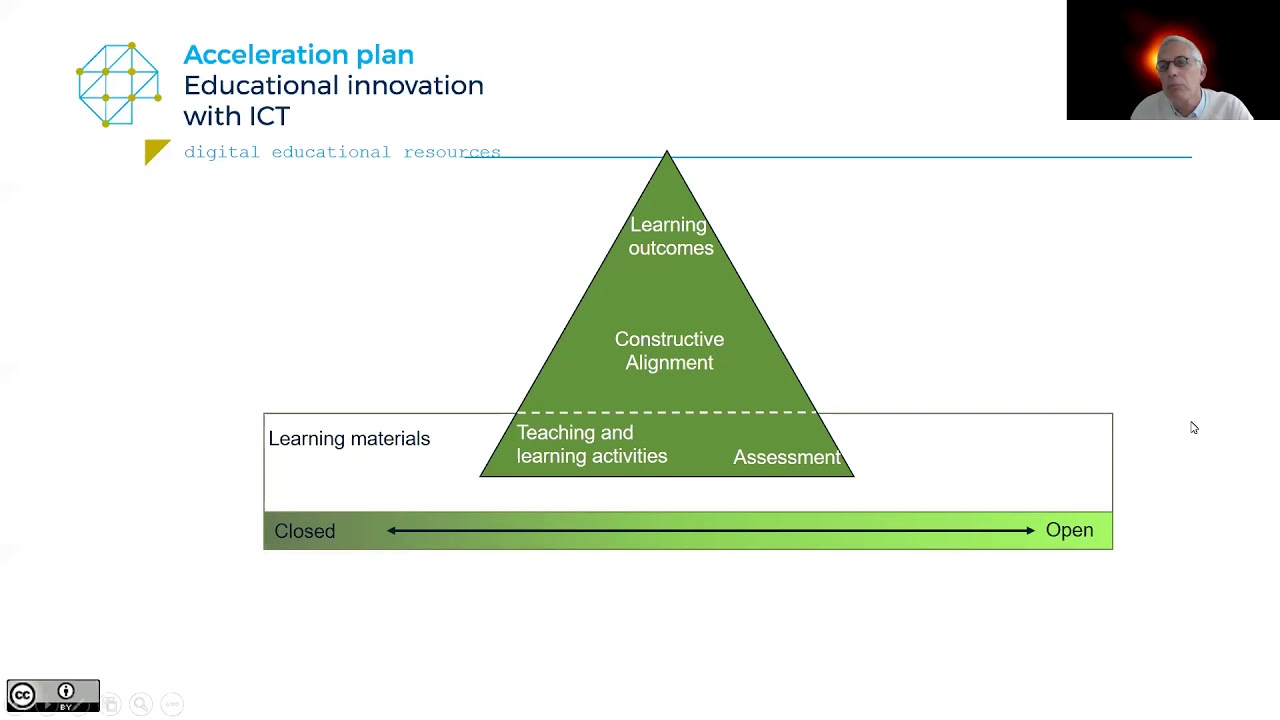Authors: Robert Schuwer, Lieke Rensink
Institutions: Fontys University of Applied Sciences, SURF
Country: Netherlands
Topic: Technologies for Open Education
Sector: Higher Education
UNESCO Area of Focus: Building capacity
Session Format: Workshop
Abstract
On 1 January 2019, an ambitious program took off to boost innovation of Higher Education in the Netherlands using ICT. This program, named Acceleration Plan, is a joint initiative of the Association of Universities of Applied Sciences (representing 36 UoAS), the Association of Universities in the Netherlands (representing 14 research universities), the collaborative ICT organisation for Dutch education and research (SURF) and the Ministry of Education, Culture and Science. It is planned to run for four years. The shared ambitions of this program are: better connection to the job market, making education more flexible and learning smarter and better by using technology. The program is divided into 7 areas (zones), each with a specific topic to accomplish acceleration of innovation. In each zone, institutions of HE cooperate to realize these ambitions.One of the zones is called Towards digital (open) educational resources. In this zone, 6 universities and 2 UoAS are collaborating to realize the ambition that in 2023, higher education institutions in the Netherlands are able to offer those involved in learning and educational processes the opportunity to determine and use an optimal mix of learning resources. To accomplish this, activities are needed a.o. to improve the infrastructure, support structures and enhancing an open infrastructure seamless and transparent with a more closed one. Stimulating the use of open resources is part of the ambition, but open is not considered a dogma in the optimal mix. This is an important difference compared to other programs aiming at stimulating open sharing and reuse of educational resources where such programs treat openness in isolation with non-open resources. We believe that this approach will widen adoption of open sharing and reuse.
End of 2020 the program is halfway. In this workshop we will present the results accomplished sofar. Among others, these results will be on topics of infrastructure (both technical and organisational), professionalization in applying OER in teaching, and vision on mixing open and commercial learning materials. We aim to discuss with the audience feedback they will have for us.
Keywords
National program, OER, Innovation, Acceleration
